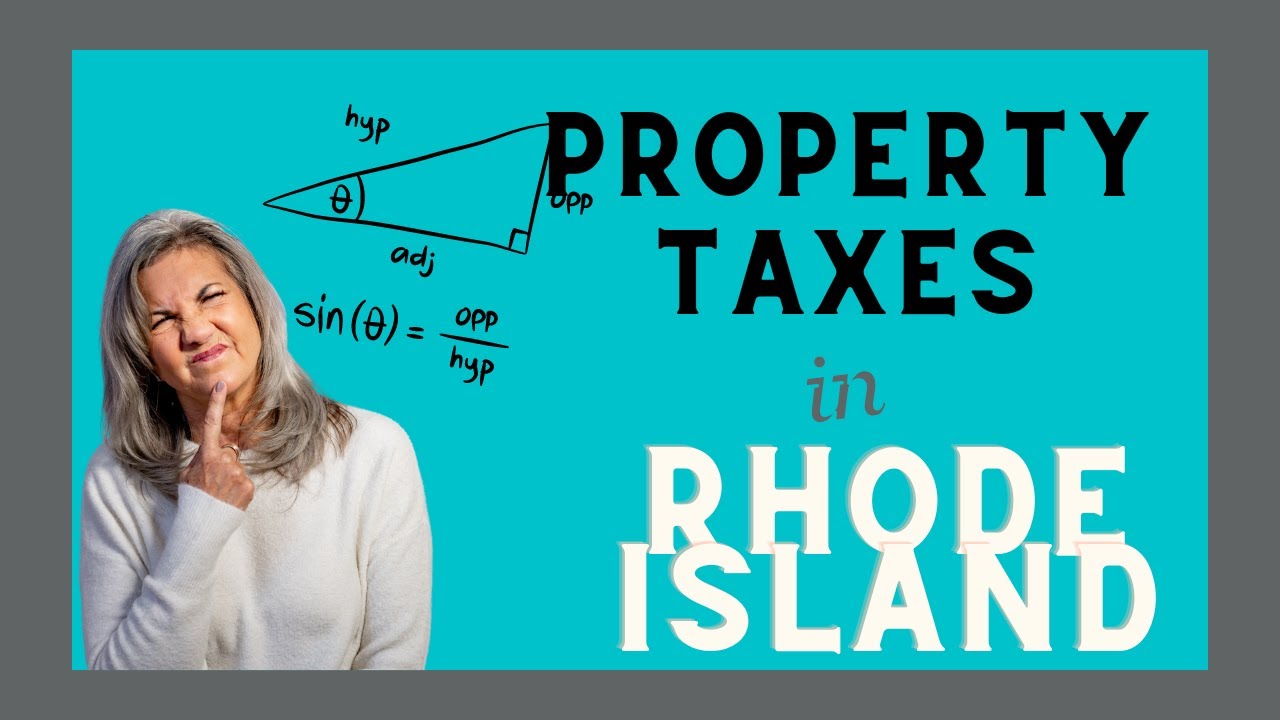Overview of Property Tax Exemptions in Rhode Island
Property tax exemptions in Rhode Island provide relief to certain individuals and organizations by reducing or eliminating their property tax obligations. These exemptions are designed to promote fairness and support specific groups within the community. The state offers various types of exemptions, each catering to different categories of eligible individuals or organizations.
Understanding the Importance of Property Tax Exemptions
Property tax exemptions play a vital role in ensuring the financial well-being of individuals and organizations who meet specific criteria. These exemptions can alleviate the burden of property taxes, which are often a significant expense for homeowners, particularly those on fixed incomes or facing financial hardships. Additionally, exemptions can encourage charitable and educational institutions to continue their valuable contributions to the community.
Types of Property Tax Exemptions in Rhode Island
Rhode Island provides several types of property tax exemptions to eligible individuals and entities. These exemptions include homestead exemptions, veteran exemptions, senior citizen exemptions, disabled exemptions, religious and charitable organization exemptions, and educational institution exemptions. Each exemption is tailored to specific groups, with distinct eligibility criteria and benefits.
Eligibility Criteria for Property Tax Exemptions
To qualify for property tax exemptions in Rhode Island, individuals and organizations must meet certain criteria established by the state. Eligibility factors may include residency status, age, disability status, military service, and organizational purpose. Additionally, individuals must meet specific income or asset thresholds to qualify for certain exemptions.
Exploring Homestead Exemptions in Rhode Island
Homestead exemptions provide property tax relief to homeowners who use their property as their primary residence. In Rhode Island, eligible homeowners can apply for a homestead exemption that reduces the assessed value of their property by a certain amount, resulting in lower property tax obligations. To qualify, homeowners must meet residency requirements and apply for the exemption through their local tax assessor’s office.
Veteran Exemptions: Property Tax Benefits for Veterans
Rhode Island offers property tax exemptions to honorably discharged veterans who have served during periods of wartime or peacekeeping missions. These exemptions can significantly reduce the property tax burden for eligible veterans. To qualify, veterans must meet specific service requirements and file the necessary documentation with their local tax assessor’s office.
Senior Citizen Exemptions: Property Tax Relief for the Elderly
Senior citizens in Rhode Island may be eligible for property tax relief through senior citizen exemptions. These exemptions provide financial assistance to elderly residents, easing the burden of property taxes on their fixed incomes. Eligibility typically requires individuals to meet age and income criteria established by the state.
Disabled Exemptions: Tax Assistance for Disabled Individuals
Disabled individuals in Rhode Island can benefit from property tax exemptions designed to alleviate their financial strain. These exemptions provide tax assistance to individuals with qualifying disabilities, reducing their property tax obligations. To qualify, individuals must provide proof of disability and meet any additional eligibility criteria established by the state.
Religious and Charitable Organization Exemptions
Religious and charitable organizations in Rhode Island may qualify for property tax exemptions as part of the state’s commitment to supporting community service and religious freedom. These exemptions can exempt eligible organizations from property taxes, allowing them to allocate more resources toward their respective missions. Eligibility requirements may vary, and interested organizations should consult with the local tax assessor’s office.
Educational Institution Exemptions in Rhode Island
Educational institutions, such as schools and colleges, may be eligible for property tax exemptions in Rhode Island. These exemptions recognize the significant role these institutions play in promoting education and community development. Eligibility requirements for educational institution exemptions may include accreditation, nonprofit status, and adherence to specific regulations.
Application Process for Property Tax Exemptions
To benefit from property tax exemptions in Rhode Island, individuals and organizations must complete the application process outlined by the state. Typically, applicants must submit the necessary documentation, such as proof of residency, military service records, income statements, or proof of disability, to the local tax assessor’s office. It is crucial to adhere to application deadlines and consult with tax authorities for any specific requirements.
Additional Considerations and Limitations of Exemptions
While property tax exemptions provide significant benefits, it is essential to be aware of any limitations or considerations associated with them. Exemptions may have income or asset thresholds, annual renewal requirements, or restrictions on property usage. It is advisable to stay informed about any changes to exemption regulations and to consult with tax professionals or local authorities for guidance on specific circumstances.
In conclusion, property tax exemptions in Rhode Island offer valuable relief to eligible individuals and organizations, promoting fairness and supporting community development. By understanding the various types of exemptions, their eligibility criteria, and the application process, individuals and entities can take advantage of these tax benefits to alleviate financial burdens and continue their contributions to society.





